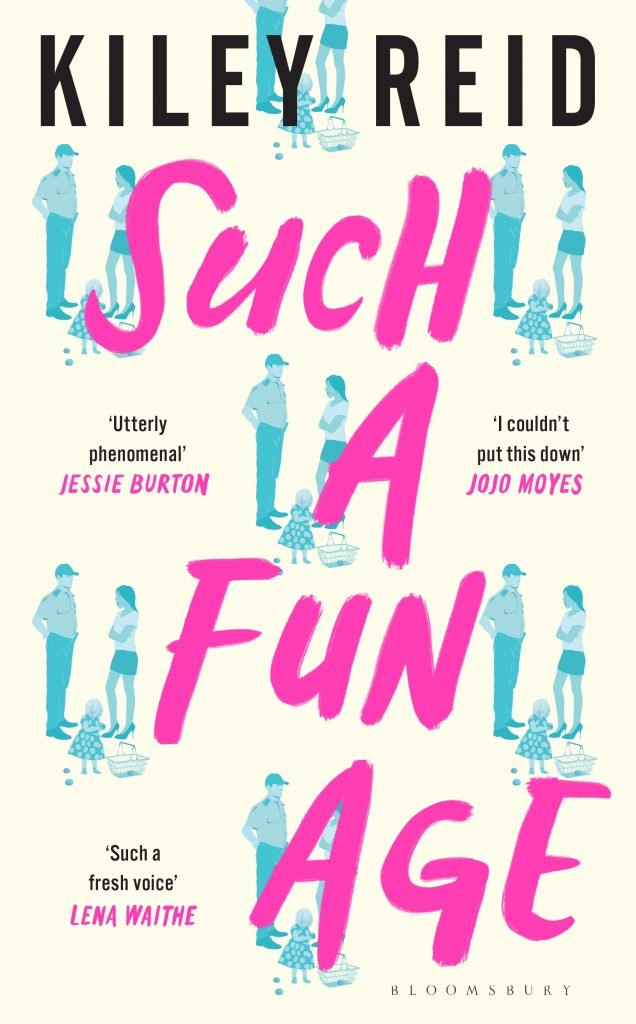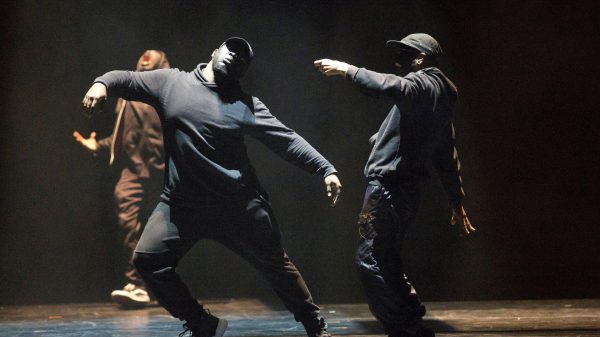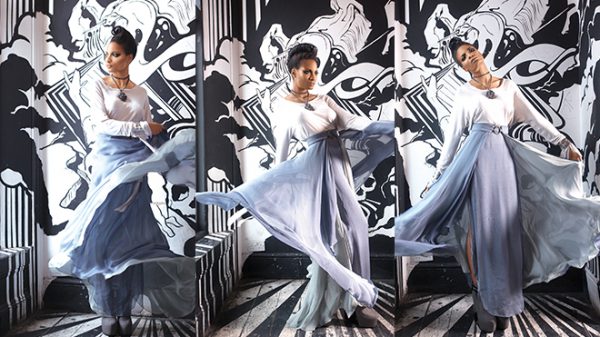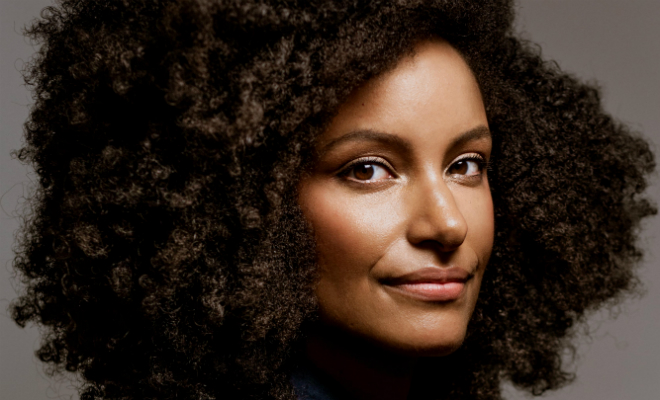When getting ready for a night out with friends, the last thing that a 20-something-year-old woman might expect from the following hours is to be called for an emergency babysitting session by her upper-middle-class employers, before some casual bias and harassment from a police officer in a supermarket draws the evening to a close.
Hence, Emira Tucker, the protagonist of Such A Fun Age, was more than a little shaken up by this event of the police doubting that she, a black woman, was the guardian of Briar Chamberlain, the white toddler she looks after. And from this uncomfortable incident, which takes place right at the start of the novel, author Kiley Reid barely gives her readers the chance to put the book down, as surprising events show Emira, Briar, and her mother Alix Chamberlain at the centre of a gripping story that comments on identity, how we see each other, and economics and race work in determining power.
Reid, a former nanny herself, has experience in navigating similar dynamics. While not an autobiographical tale, her time looking after children was a fitting background for exploring the nature of transactional relationships; where financial exchange meets family.
‘The whole backdrop of childcare is really fascinating to me, especially with the history of slavery in the United States and black women taking care of white children,’ she explains. ‘But if I’m really honest, it’s the awkwardness of the transactional relationship that really draws me in. I love these moments that are kind of like a glitch in the system; where something doesn’t go quite right, and something is revealed in someone. I think that happens when there’s an awkward mix of three people and money is involved.’
Awkward triangular relationships are just one of the elements that give the reader a delightful battle of shielding your eyes from cringing, and fervently turning the page to see what happens next. So that you have the opportunity to go on this journey yourself, spoilers are kept to a minimum in this article – but to summarise, Emira and Alix, though very different, something surprising in common, other than the love of baby Briar, and it threatens to completely overturn both of their lives. Kiley Reid tells me more about her debut novel (soon to be adapted to film by Lena Waithe)…
How soon did you discover that you were onto a good thing with Such A Fun Age?
Kiley Reid: Oh man… I feel like it ebbs and flows! Some days, you think, ‘Alright, I think this is going into a place I want it to go’ and some days I was thinking, ‘Okay, there’s no way this can work’. (She laughs.) I workshopped maybe 240 pages of the novel at the Iowa Writers’ Workshop with an incredible teacher and 10 classmates – and after they read it, some said, ‘This is who I think should play who in the movie’… When someone else is excited about your writing, it carries you through for months!
You make a point of telling the readers that the protagonist, Emira, is dark-skinned. What made you include this detail?
I think half of it is that these characters kind of present themselves to you, and certain things are clear from the beginning. Emira’s name was always Emira, and she always had dark skin in my mind. But I also think it’s an opportunity to explore colourism and be honest about her experience. The truth is if the grocery store event had happened to me, for a number of reasons it would have gone very differently. I have benefits as a light-skinned woman in how people perceive me, due to hundreds of years of racism, all the way back to the light-skinned women being inside the house, and not working in the fields during slavery. Those things still show up in Emira’s life, and I feel like it would be doing it a disservice for her to not explore how those skin tone biases affect her life.
‘Wokeness [feels more like] manners, rather than actual action for change’
One of many points of tension in the book comes out of white people holding other white people accountable for their biases, yet no-one comes out of this looking perfect. What made you want to include this ‘call-out’ angle?
I’m really intrigued by interactions that are self-serving in multiple ways, because I think that that’s a really human reaction; where someone can feel very angered that racial bias has been shown, and they can also feel really proud of themselves for standing up for someone. I think it’s so natural that we feel two things at one time, and I wanted my characters to display that. I do think that wokeness has taken on an etiquette of manners, rather than actual action for change. Everyone in the novel – black people included – becomes very obsessed with what they as an individual can do to treat a situation the ‘right’ way, and they aren’t too concerned with asking: ‘Why do these situations happen in the first place? Why is this cop holding Emira up, and how can we make this stop?’ Instead, they’re more into: ‘What can I do that can make me feel good about this situation?’
Most of the book is set in 2015 – before the age of Trump. Was this to avoid political commentary as it is now, or just how it worked out?
A bit of both. I began the novel before Trump was elected. But the novel’s also an opportunity to explore and remember the fact that the Black Lives Matter movement came out of the Obama era. It’s a really romantic theory for some to think that race relations were so much better before Trump. I definitely don’t think that he’s done great things at all, I think he’s done the opposite – but I still want to be realistic about where race relations have been in the past few decades.

Something else that the book touches on is the legitimacy of childcare as a job. As someone who has worked in that field, is that frustration felt industry-wide?
Totally. I was a nanny in a way because I loved it and was good at it, but there are so many more nannies who do that work because their families need it. I remember so many people saying: ‘So you’re a nanny but what do you really want to do?’ I think that people like Alix can be threatened by what it means to have and want a job that some people do since that they were 13 – but I don’t think they get that on their own. If jobs like childcare were appreciated and legitimised and paid a livable wage and offered health insurance, they probably wouldn’t feel that way about it.
What are the different things that you want readers to take from this book?
My biggest priority is that I achieve a gripping story on the page. That is always number one, and I just really hope that readers get pulled into these characters and their lives and that the plot drives them toward the ending in a way that I love to read as well. In a bigger way, I love when novels make me think differently about the world we live in and the restrictions put on us. I love when I can zoom out and think about the boundaries put on real people: for example, Emira works her butt off and she doesn’t have health insurance. If she fell off of a bike and had to go to the doctor, it would completely change the course of her life. So I would love for myself, and my readers, to explore what her life would look like, and how she would respond to others differently if she had the security of healthcare.
Such a Fun Age is out now

































































